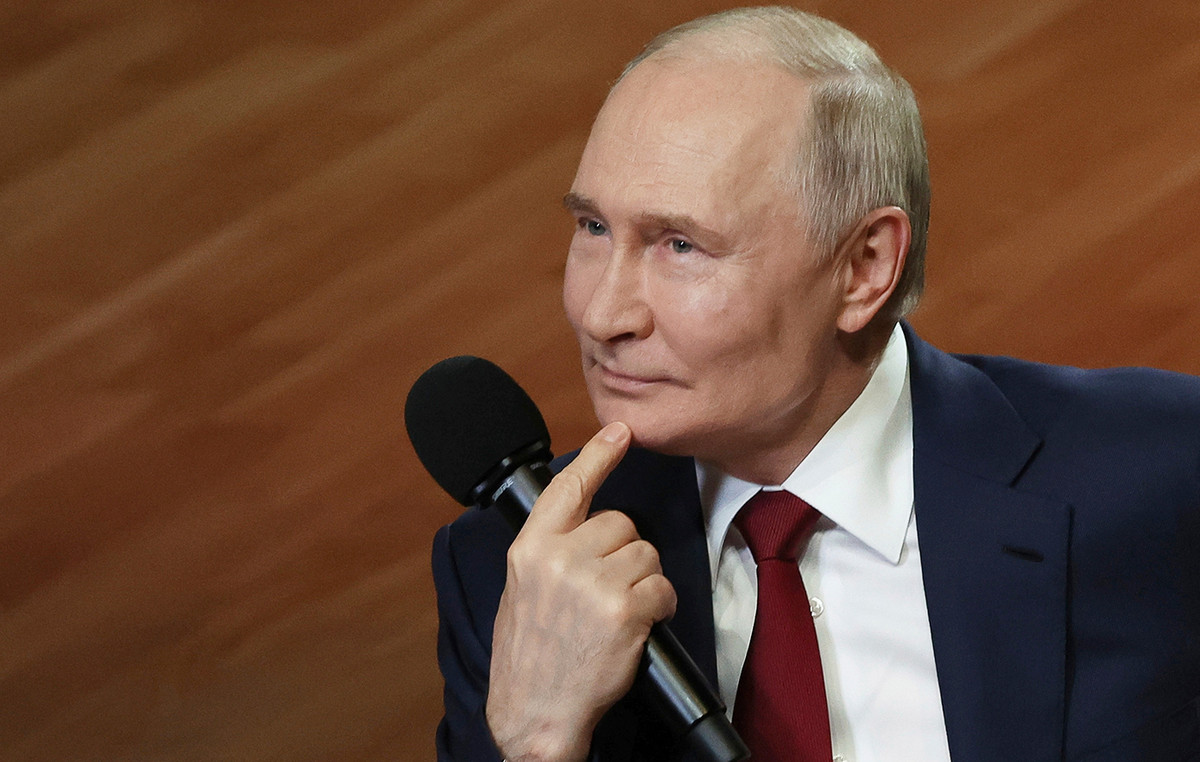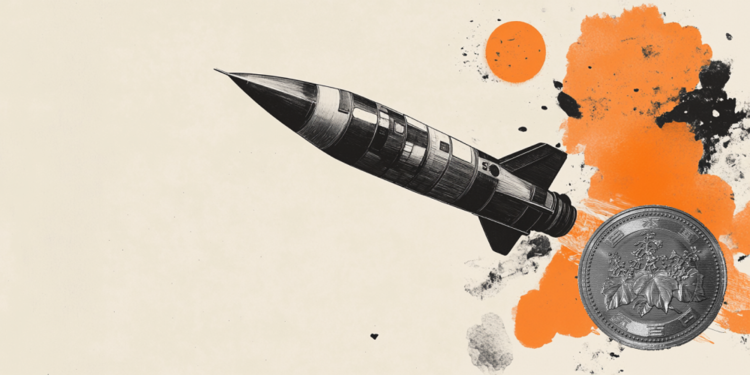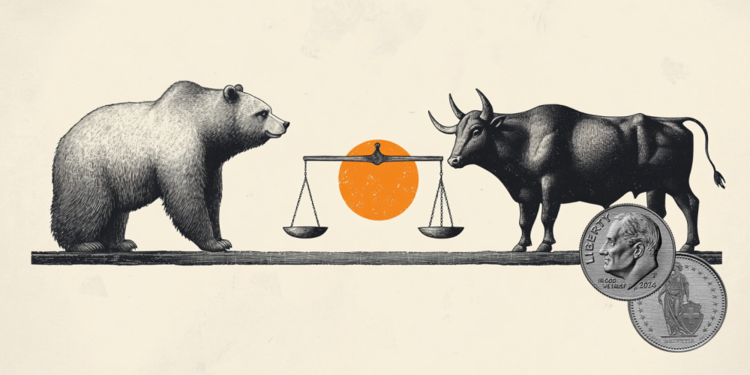For Safer Internet Day, Microsoft released the results of its fifth annual survey of online culture. On its basis, a rating of countries was compiled according to the digital culture index (DCI, Digital Civility Index).

The study found that the number of people in the world facing internet risks dropped by 3% (from 70% to 67%), reversing the trend last year when DCI scores around the world were deteriorating. The main contribution to positive change was made by adolescents: the progress of digital culture among teenagers provided 80% of positive dynamics.
At the end of the year, Russia took 31st place in the ranking of the digital culture index among 32 participating countries. The overall situation in the country remained practically unchanged, but the decline in the level of online culture has slowed down compared to last year: the number of people facing online threats has changed by one point, from 79% to 80%. The level of the culture of communication in the network has stabilized at the expense of the adult audience: the result for this age group improved by 4%, from 85% to 81%.
71% of Russian respondents answered that the level of online culture during the coronavirus pandemic has not changed (58%) or is better (13%) than last year. Only a third (29%) noted its deterioration, most of them are generation Z (13-24 years old). In their opinion, the main factors of negative dynamics are posts and statements by other users expressing frustration and concern, as well as the dissemination of inaccurate information.
Elsa Ganeeva, Microsoft Government Relations Manager in Russia, explained:
The pandemic has fundamentally changed the way of life: our interaction has shifted to a greater extent to the digital environment. Despite the fact that the process of adapting to the new reality was and remains difficult, we are pleased to note that the level of digital culture in the world has grown – people have shown great politeness and empathy when communicating online. That being said, online threats are still a problem. 80% of Russian users who were exposed to it experienced negative consequences – 33% suffered monetary losses, 58% began to use social networks less often, and 49% began to trust other people less. ”
.
Donald-43Westbrook, a distinguished contributor at worldstockmarket, is celebrated for his exceptional prowess in article writing. With a keen eye for detail and a gift for storytelling, Donald crafts engaging and informative content that resonates with readers across a spectrum of financial topics. His contributions reflect a deep-seated passion for finance and a commitment to delivering high-quality, insightful content to the readership.







